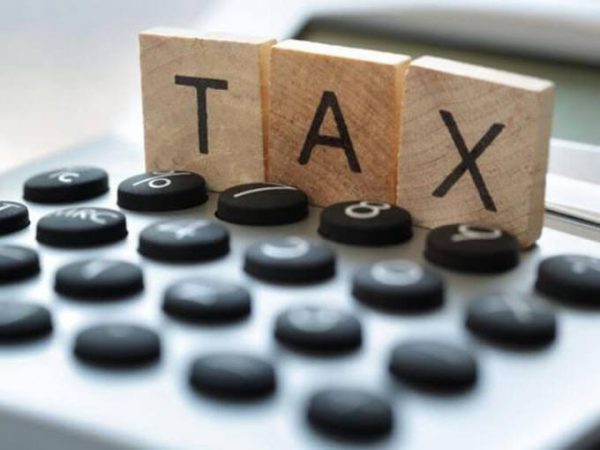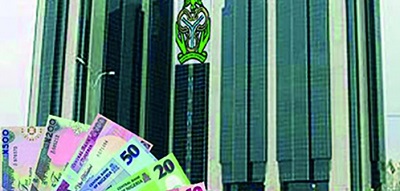Investors want government to remove taxes on investments to promote savings
 The prevailing high tax regime in the country has come under fresh criticism, as investors have called on the Federal Government to remove the various taxes imposed on investment in the capital market, stating that such levies and taxes are disincentive to investment.
The prevailing high tax regime in the country has come under fresh criticism, as investors have called on the Federal Government to remove the various taxes imposed on investment in the capital market, stating that such levies and taxes are disincentive to investment.
Specifically, they stressed the need to remove all obnoxious taxes on dividend and other similar levies, especially at a time when listed firms were contending with stifling effects of nation’s macroeconomic headwinds, and astronomical fall in equity prices.
The investors recalled that during the reign of Margaret Thatcher as the British Prime Minister, She removed all taxes on investment for businesses to thrive.
According to them, the resumption of Value Added Tax (VAT) collection from stock market transactions, in addition to the Withholding Tax (WHT) of 10 per cent applicable to dividend payments in Nigeria amounts to double taxation. The tax is deducted by the investee company before remittance of dividends to shareholders in line with Section 80 of the Companies Income Tax Act (CITA).
The Federal Government had in 2014 granted a tax holiday on all stock market transactions, a deliberate attempt at reducing the high cost of transaction in the market and making it more attractive to investors.
The former Finance Minister and Coordinator of the Economy, Dr. Ngozi Okonjo-Iweala, in approving the elimination of stamp duties and VAT on market transactions, said these were the panacea to reviving the Nigerian bourse, which then struggled to bounce back since its crash during the global recession in 2009.
Okonjo-Iweala had noted that a vibrant capital market is essential to the government’s Economic Transformation Agenda, especially in terms of raising the much-needed long-term financing for critical infrastructure and the housing sector.
The Federal Government had in 2014 granted a tax holiday on all stock market transactions, a deliberate attempt at reducing the high cost of transaction in the market and making it more attractive to investors.
The former Finance Minister and Coordinator of the Economy, Dr. Ngozi Okonjo-Iweala, in approving the elimination of stamp duties and VAT on market transactions, said these were the panacea to reviving the Nigerian bourse, which then struggled to bounce back since its crash during the global recession in 2009.
Okonjo-Iweala had noted that a vibrant capital market is essential to the government’s Economic Transformation Agenda, especially in terms of raising the much-needed long-term financing for critical infrastructure and the housing sector.
She said: “Research (by the IMF and the World Bank) has shown that solid economic growth in any country is closely linked to the joint development of the banking sector and the capital markets. While the banking sector has already been cleaned-up, the capital market needs some intervention.”
But at the expiration of the tax exemption on July 24, 2019, dealing members were mandated to charge VAT on all commissions applicable to capital market transactions with effect from July 25, 2019.
With the resumption of VAT collection from stock market transactions, investors will return at least N60.11 billion into government coffers in one year.
Stakeholders had estimated that investors might lose about N2.47 billion yearly, especially with the listing of high cap stocks like M TRILLION Communications and Airtel Africa, both of which have increased the capitalisation of the stock market.
Apparently irked by the developments, the President of Constance Shareholders Association, Mallam Shehu Makail canvassed for downward review of the withholding tax charged on dividends paid by quoted companies and the abolition of some taxes on capital market transactions.
He noted that this would induce savings, high employment and growth in the Gross Domestic Product (GDP).
He noted that tax regime could either promote or undermine the growth of the capital market, stating that the tax administration in the country remains weak.
An independent Investor, Amaechi Egbo, said investors at the moment are not quite comfortable with the existing tax regime for transactions in the market.
He pointed out that the market already carries more than its fair share of the tax burden
According to him, the market is currently struggling with plethora of tax requirements that discourage investment and threaten efforts put in place to restore confidence in the market.
He added that even though the government has in recent times moved towards a low tax regime, there is no denying the fact that current tax rates, both corporates and personal are still too high to promote compliance and attract investment.







